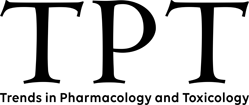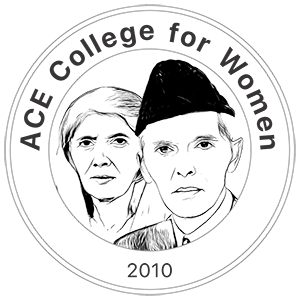Effect of Curcumin and Honey on HDL Cholesterol in 4-VCD-Induced Menopausal Wistar Rats
| Received 24 May, 2025 |
Accepted 10 Aug, 2025 |
Published 30 Sep, 2025 |
Background and Objective: Menopause in African women is associated with increased health risks, particularly cardiovascular disease, due to a decline in estrogen and subsequent lipid profile alterations. A notable inverse relationship exists between low High-Density Lipoprotein Cholesterol (HDL-C) levels and heightened cardiovascular risk. Phytoestrogens such as curcumin and honey may help mitigate these metabolic disturbances. This study aimed to evaluate the effects of curcumin and honey at varying concentrations on lipid profile and glucose levels in 4-vinylcyclohexene diepoxide (VCD)-induced menopausal Wistar rats. Materials and Methods: Female Wistar rats were induced into menopause using VCD. Treatment groups received curcumin and honey supplementation at different concentrations, with one group treated with VCD and 1 μg estrogen serving as a reference. Serum levels of total cholesterol (TC), triglycerides (TG), HDL-C, and glucose were measured using spectrophotometric methods. Low-Density Lipoprotein Cholesterol (LDL-C) was calculated using the Friedewald formula. Data were analyzed using one-way ANOVA, and group differences were compared using post hoc tests at a significance level of p<0.05. Results: The VCD-induced menopause led to a significant reduction in TC, HDL-C, LDL-C, and glucose levels. Supplementation with curcumin and honey significantly increased HDL-C and decreased LDL-C levels, with some treatment groups surpassing the effects observed in the estrogen-treated group. Glucose levels were also moderately restored. These findings suggest that curcumin and honey modulate lipid metabolism favorably in menopausal conditions. Conclusion: Curcumin and honey supplementation improved lipid profiles in VCD-induced menopausal rats, particularly by increasing HDL-C and reducing LDL-C levels, suggesting enhanced cardiovascular protection. These results indicate a potential alternative to estrogen therapy. Future research should investigate long-term effects and mechanisms in clinical settings.
How to Cite this paper?
APA-7 Style
Aikoriogie,
O., Uwumarongie,
H.O., Emokpae,
M.A. (2025). Effect of Curcumin and Honey on HDL Cholesterol in 4-VCD-Induced Menopausal Wistar Rats. Trends in Pharmacology and Toxicology, 1(1), 56-64. https://doi.org/10.21124/tpt.2025.56.64
ACS Style
Aikoriogie,
O.; Uwumarongie,
H.O.; Emokpae,
M.A. Effect of Curcumin and Honey on HDL Cholesterol in 4-VCD-Induced Menopausal Wistar Rats. Trends Pharm. Toxicol. 2025, 1, 56-64. https://doi.org/10.21124/tpt.2025.56.64
AMA Style
Aikoriogie
O, Uwumarongie
HO, Emokpae
MA. Effect of Curcumin and Honey on HDL Cholesterol in 4-VCD-Induced Menopausal Wistar Rats. Trends in Pharmacology and Toxicology. 2025; 1(1): 56-64. https://doi.org/10.21124/tpt.2025.56.64
Chicago/Turabian Style
Aikoriogie, Orobosa, Henry O. Uwumarongie, and Mathias Abiodun Emokpae.
2025. "Effect of Curcumin and Honey on HDL Cholesterol in 4-VCD-Induced Menopausal Wistar Rats" Trends in Pharmacology and Toxicology 1, no. 1: 56-64. https://doi.org/10.21124/tpt.2025.56.64

This work is licensed under a Creative Commons Attribution 4.0 International License.




